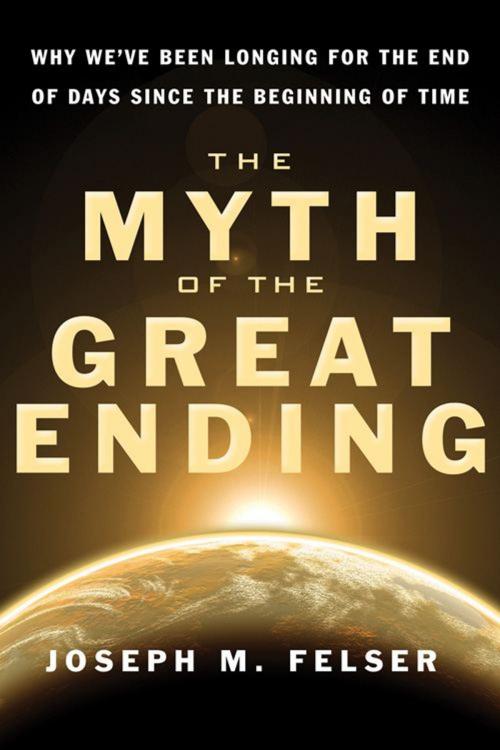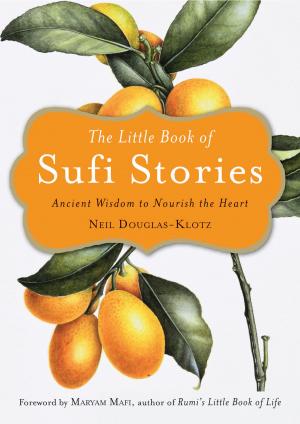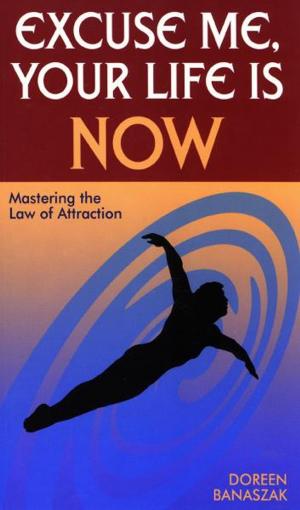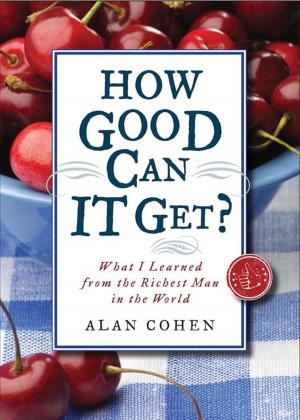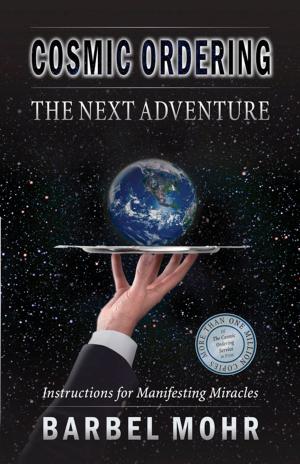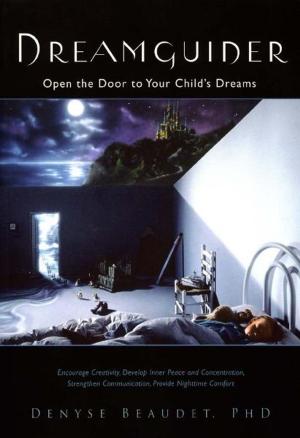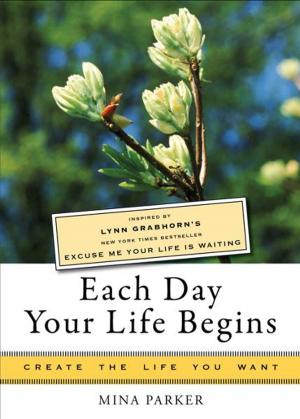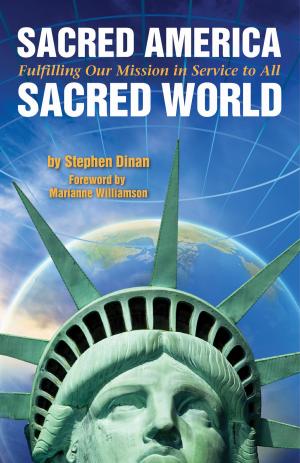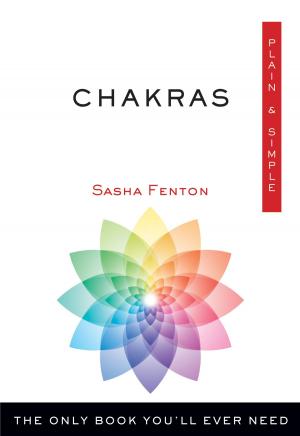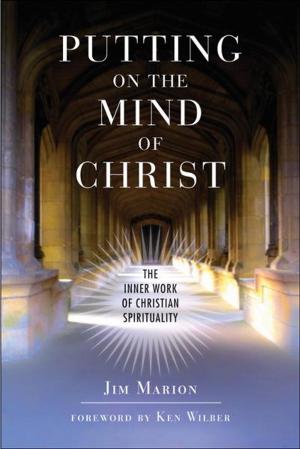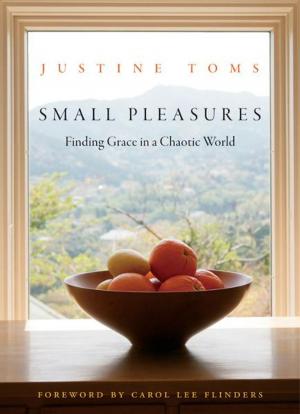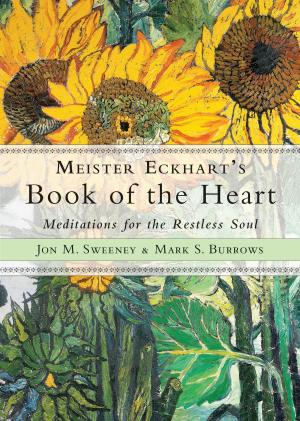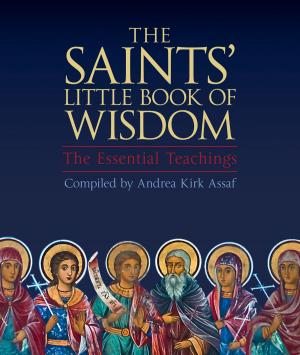The Myth of the Great Ending: Why We've Been Longing for the End of Days Since the Beginning of Time
Nonfiction, Religion & Spirituality, New Age, New Thought, Philosophy| Author: | Joseph M. Felser | ISBN: | 9781612830445 |
| Publisher: | Hampton Roads Publishing | Publication: | March 1, 2011 |
| Imprint: | Hampton Roads Publishing | Language: | English |
| Author: | Joseph M. Felser |
| ISBN: | 9781612830445 |
| Publisher: | Hampton Roads Publishing |
| Publication: | March 1, 2011 |
| Imprint: | Hampton Roads Publishing |
| Language: | English |
From Christian believers in the Apocalypse and the Rapture to New Age enthusiasts of prophecies concerning the year 2012 Doomsday lore has been a part of culture a myth that colors how we perceive the world. Why do we remain obsessed with Doomsday myths even when they fail to materialize? What if we havent recognized the true message of these myths? Blending history psychology metaphysics and story philosopher and author Joseph Felser explores the spiritual questions raised by these enduring myths. Along the way he consults the work of Joseph Campbell Carl Jung Marie-Louise von Franz Black Elk Wovoka Itzhak Bentov Jane Roberts Seth Hermann Hesse Ingo Swann David Bohm Fred Alan Wolf J. Allen Boone William James and Robert Monroe through ever-widening circles of understanding. Felser suggests that our obsession with The End of the World hides a repressed healthy longing for reconciliation with our inner and outer worlds--with nature and our own natural spirituality. He urges us to recognize and act upon that longing. When we begin to listen to natures voice and pay heed to our own dreams--including visions intuitions and instinctive promptings--the greatest revolution in all history will unfold. We can create a future of our own choosing a beginning rather than an ending.
From Christian believers in the Apocalypse and the Rapture to New Age enthusiasts of prophecies concerning the year 2012 Doomsday lore has been a part of culture a myth that colors how we perceive the world. Why do we remain obsessed with Doomsday myths even when they fail to materialize? What if we havent recognized the true message of these myths? Blending history psychology metaphysics and story philosopher and author Joseph Felser explores the spiritual questions raised by these enduring myths. Along the way he consults the work of Joseph Campbell Carl Jung Marie-Louise von Franz Black Elk Wovoka Itzhak Bentov Jane Roberts Seth Hermann Hesse Ingo Swann David Bohm Fred Alan Wolf J. Allen Boone William James and Robert Monroe through ever-widening circles of understanding. Felser suggests that our obsession with The End of the World hides a repressed healthy longing for reconciliation with our inner and outer worlds--with nature and our own natural spirituality. He urges us to recognize and act upon that longing. When we begin to listen to natures voice and pay heed to our own dreams--including visions intuitions and instinctive promptings--the greatest revolution in all history will unfold. We can create a future of our own choosing a beginning rather than an ending.
